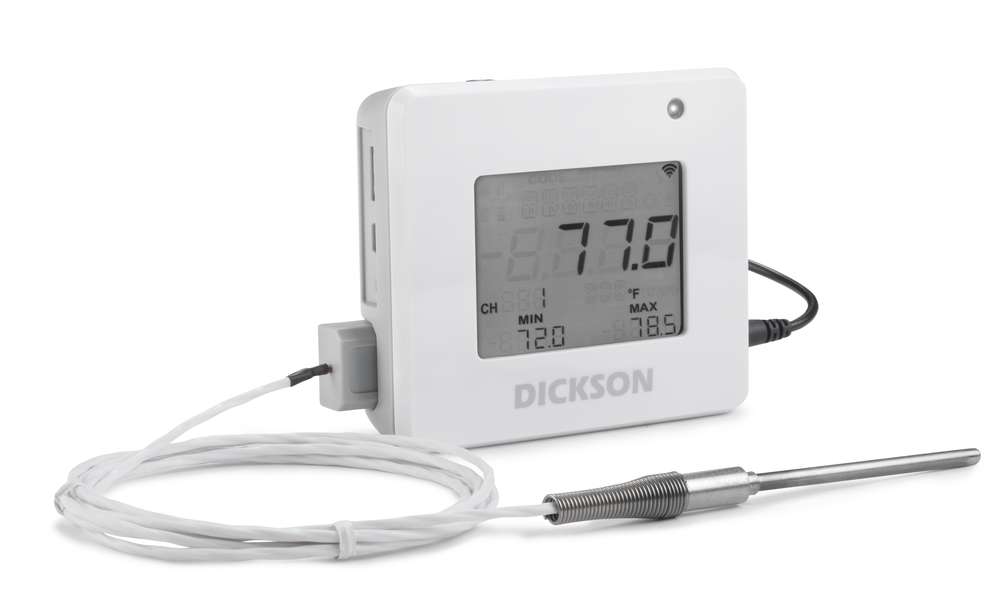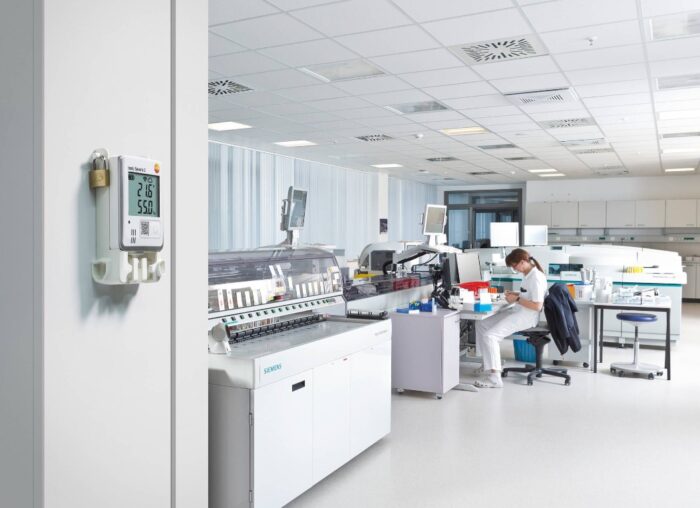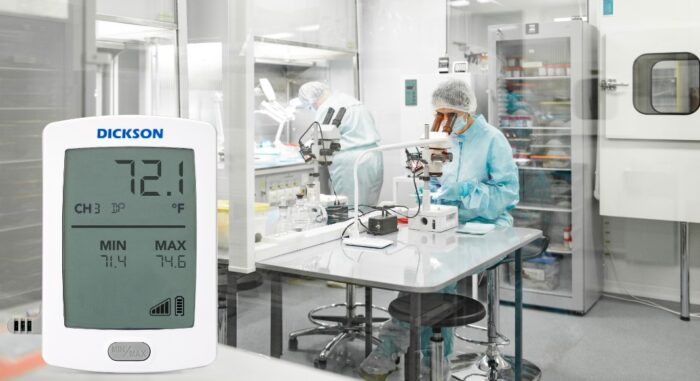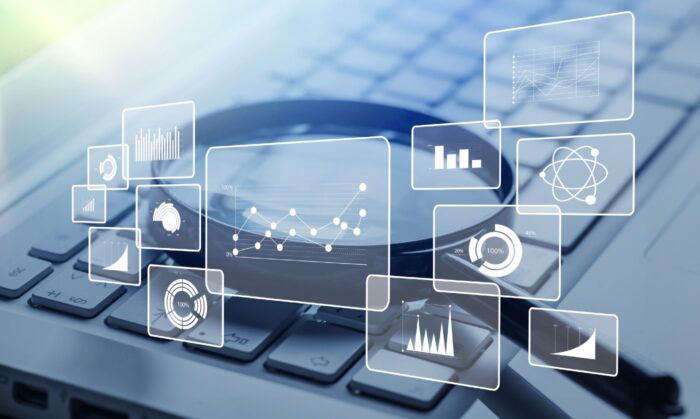
The need for data loggers is constantly increasing, and as a result, the market is set to grow in the coming years. As demand increases, the players in the data logger market are developing innovative technologies to suit the diverse needs of their customers. One such technology is a chargeable data logger.
What is a chargeable data logger?
A data logger is a device used for data monitoring and collection. It is automated and works without manual intervention. A chargeable data logger comes with a battery that can be recharged and is designed to function for longer durations. The duration of their functioning depends upon the user’s requirements and the site where they are installed.
How are hospitals using them?

Hospitals use data loggers for numerous purposes. The medical and healthcare infrastructure is a very sensitive space, and they deal with multiple processes that require prompt monitoring. Some ways in which hospitals utilize data loggers are:
Safeguarding delicate assets
The most prominent use of data loggers in a hospital is to check and maintain the temperature levels of fridges and freezers. Unlike the standard refrigeration units, these freezers are used as storage spaces for sensitive assets like tissue samples, vaccines, blood, and organs for donation and transplant. Hospitals require specific cold temperatures for storage. Any variation in temperature beyond the required levels can alter the safety of these assets.
Data loggers assist hospitals in maintaining the required temperature between acceptable ranges. Before data loggers entered the hospitals, the temperature was monitored manually, leading to significant losses due to human errors. Moreover, conventional tools were not very accurate and needed manual recalibration to address changes in the monitors. Digital data loggers have made the process convenient by taking continuous readings and sending alerts whenever the temperature exceeds the specified range.
Environment regulation
Hospitals host sensitive environments like operating theaters, patient wards, and cold rooms where the conditions must meet strictly regulated levels. Data loggers track temperature, air quality, and humidity in operating rooms to ensure comfort and safety for the patient and the medical staff.
Cold rooms store medical supplies, and data loggers help alert staff about adverse temperature changes. Because these areas are used regularly by medical personnel, staff might forget to close a room, or a door or drawer might not get closed properly. Such minute errors could lead to a loss of efficacy of the stored items. Specially designed data loggers for hospitals send alerts to maintenance staff in case of any issue.
Reporting of regulatory protocols

Hospitals deal with carefully monitored conditions, which often fall under a crucial regulatory protocol for a system. However, it is challenging to maintain a prompt record of multiple environments, conditions, and data changes with manual reporting and monitoring.
It is easy for the authorities to access data from multiple settings simultaneously with digital data loggers. Many data loggers come with integrated software that converts the data into charts and graphs for easy visual representation. Data points like humidity, voltage, temperature, and pressure are readily available with data loggers. This allows the hospital to work better on solving readily identifiable problems with data loggers and maintain regulatory compliance.
Development, transportation, and storage of pharmaceuticals
Data loggers are used in hospitals to maintain sensitive assets by storing them in controlled settings. However, their use is not just limited to the site. Data loggers are used for the entire supply chain of pharmaceuticals, from their creation in the laboratory to their transportation through cold chains until the medication is administered to the patients.
Data loggers fulfill the role of a watchdog and ensure that the pharmaceutical products maintain their efficacy. This is essential for the general public’s health, logistical maintenance of the hospital, and the medical infrastructure as a whole. A recent example of data loggers being used to ensure correct temperatures for transportation and storage was the Covid-19 vaccines traveling around the globe.
Medical Research
Data loggers are used in hospitals and research-oriented medical establishments. For instance, specially designed data loggers are used to measure the force applied to a broken bone or an injured body part. As the injured area heals, the force reduction is measured and tracked by a data logger. This helps identify whether or not the healing process aligns with the treatment plan curated by the doctors.
The accumulated data helps monitor the progress and provides information that could affect a treatment plan. The recorded data is valuable for current and future research and development.

Key players in the industry
While the data logger market is growing into various industries like food, healthcare, and environmental monitoring, some impressive companies are driving this growth. Some of the key players in the data logger industry are:
- Continental AG
- Madge Tech
- Dolphin Technology
- National Instruments
- Omron
- Ammonit Measurement GMBH
- HIOKI
- Fluke
- Elitech
How is the data logger marketplace growing?

The data logger market is growing tremendously. Current estimates are of a CAGR of 7.4% during the forecast period of 2024 – 2026. A crucial reason for this growth is the flexibility of the industry in its ability to adapt to the latest technologies. The market players are ready to provide solutions to a growing array of clients and their varied requirements. Numerous types of data loggers are being manufactured, and the market already has a wide range of loggers ready to address varying industrial scales and purposes.
Chargeable data loggers are vital devices with highly accurate sensors and attached probes for tracking various environmental conditions. These devices are contributing to technological advancements in healthcare, automobiles, food, pharmaceuticals, farming, urban planning, and environmental monitoring. The device influences more industries to work with a data-driven approach and enhance their performance.








